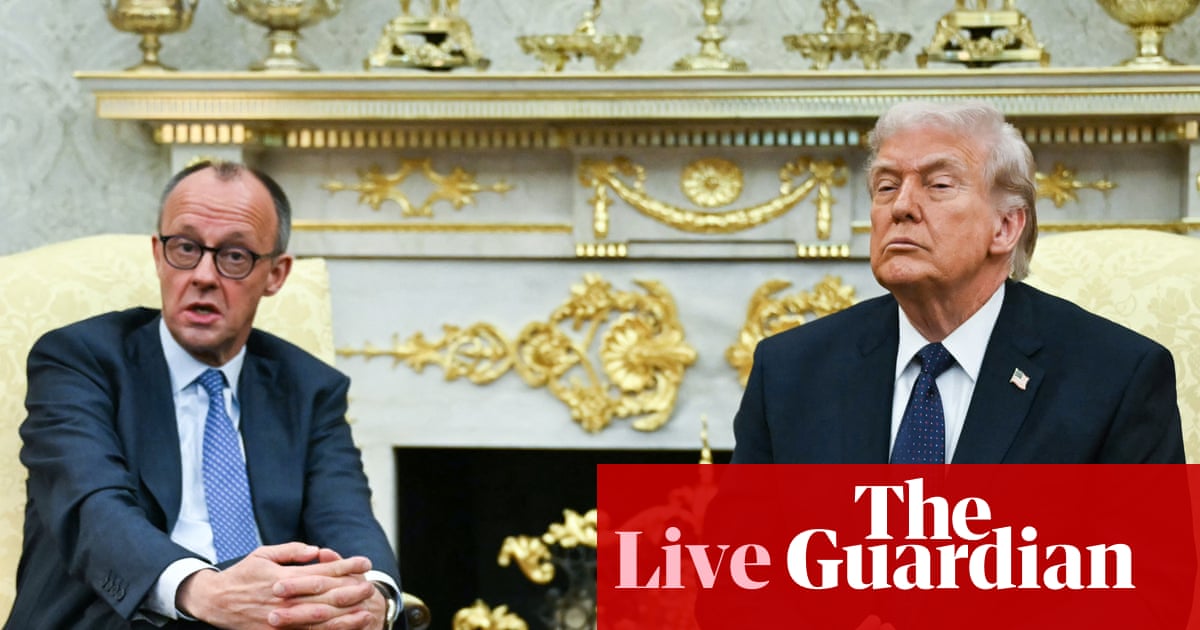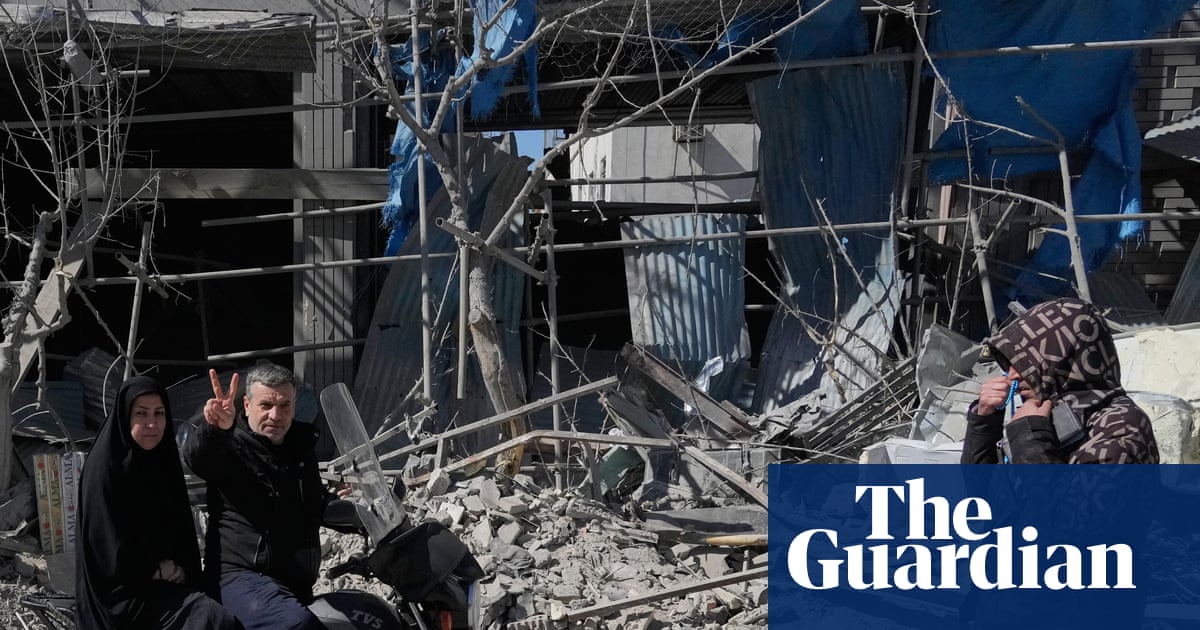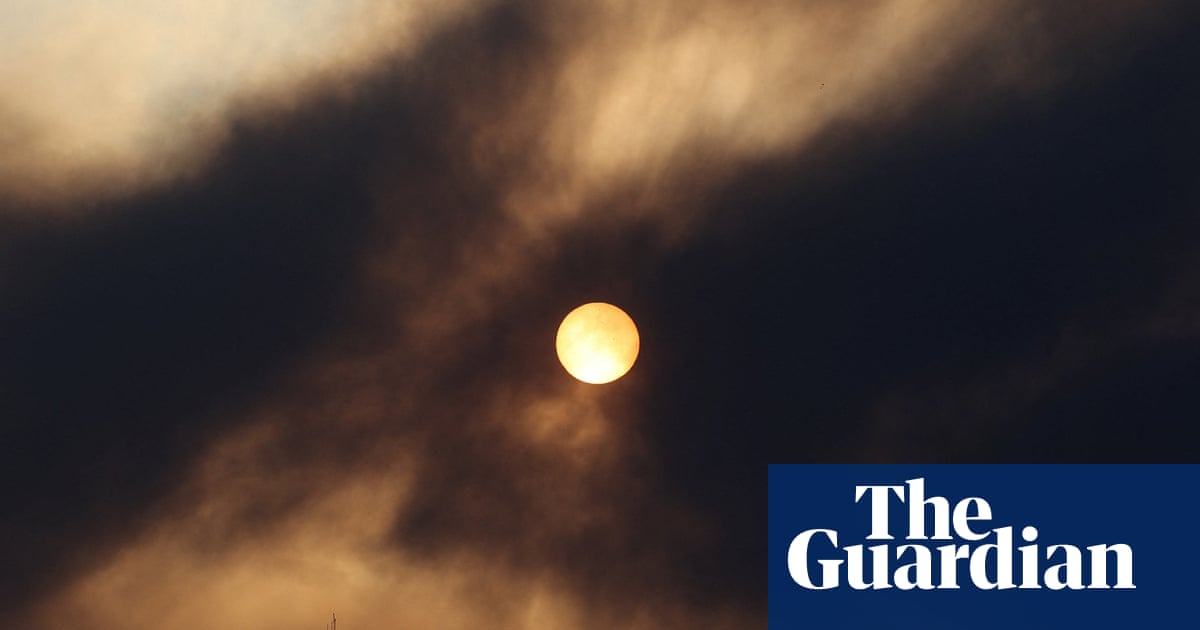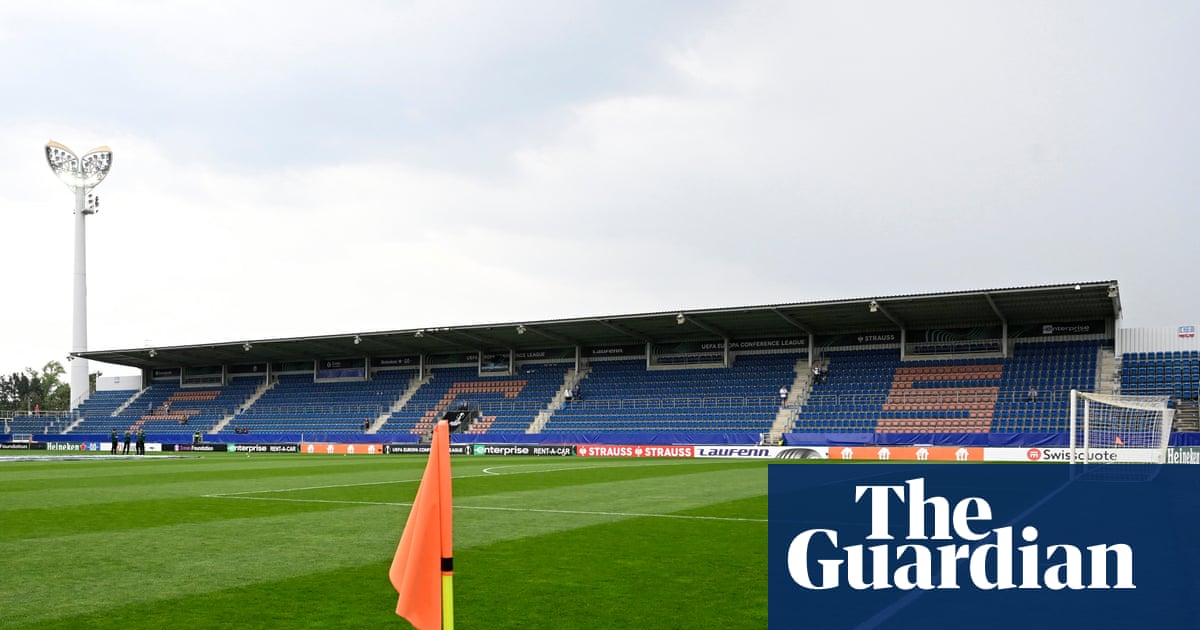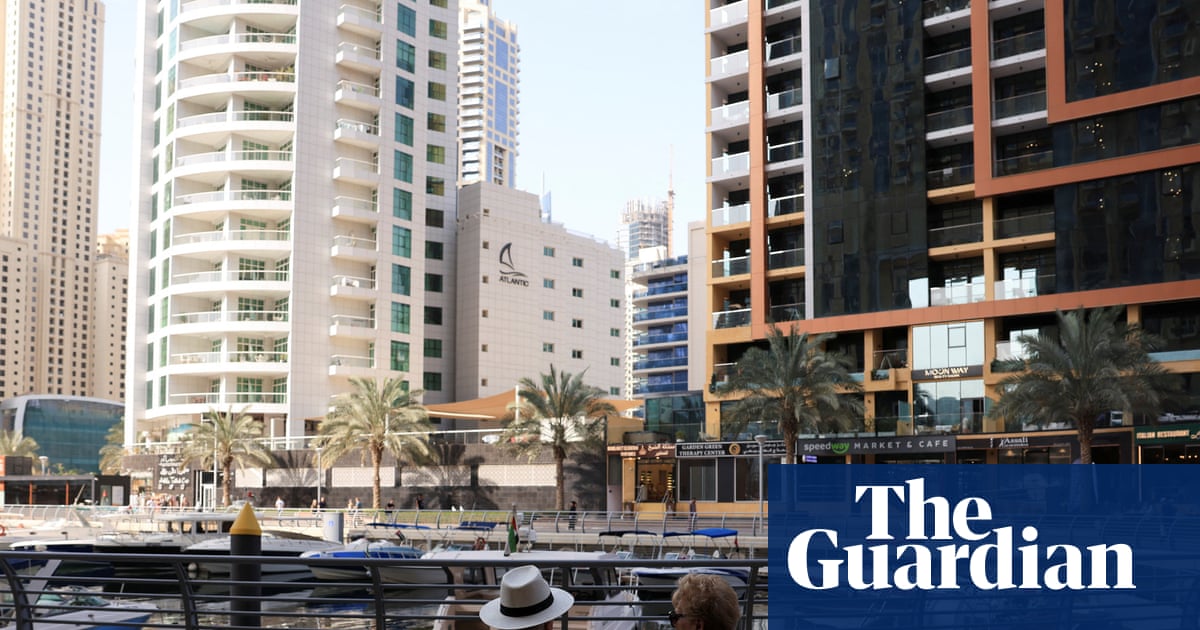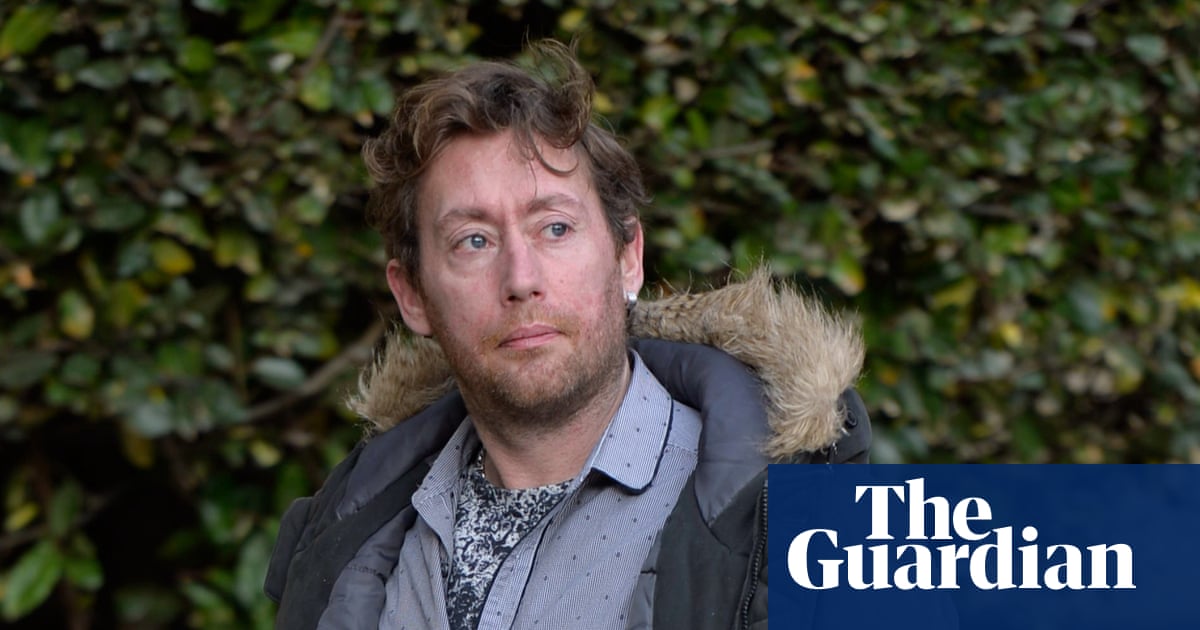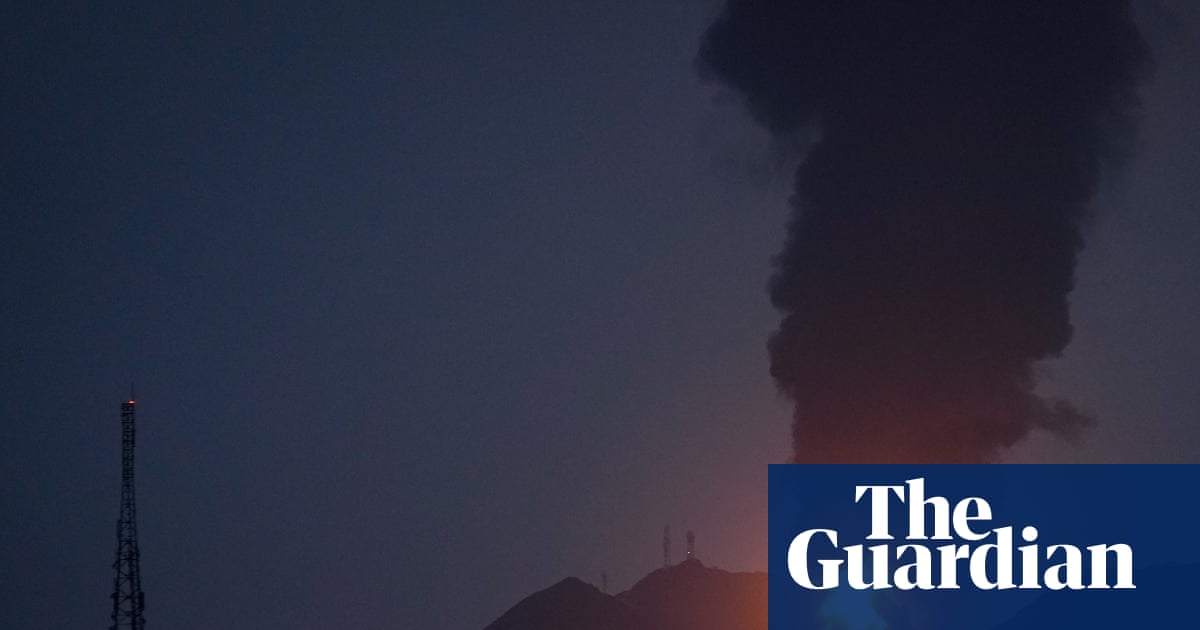Taiwan’s vice-president, Bi-Khim Hsiao, urged the EU to boost security and trade ties with the self-governing island and support its democracy in the face of growing threats by China in a rare address to a group of international lawmakers in Brussels.
“Peace in the Taiwan Strait is essential to global stability and economic continuity, and international opposition against unilateral changes to the status quo by force cannot be overstated,” Hsiao told lawmakers assembled for a China-focused conference in the European parliament building.
While Hsiao did not formally address the whole EU parliament – the European trade bloc does not have formal diplomatic relations with Taiwan – her visit drew ire from China.
“In an era marked by increasing fragmentation, volatility and rising authoritarianism, this gathering affirms something vital – that democracies, even when far apart, are not alone,” she added, to a standing ovation in a small chamber of the parliament.
Hsiao called on the lawmakers from countries including Germany and Spain to collaborate more on trusted supply chains and AI technology with Taiwan, the island off China’s east coast that Beijing claims as part of its territory and says must come under its rule.
EU members, like most countries including the US, have no formal diplomatic ties with Taiwan and follow a “one China” policy. But the EU and Taiwan share common democratic values as well as close trade ties, and the bloc opposes any use of military force by China to settle its dispute with Taiwan.
Hsiao also drew parallels between Taiwan suffering cyber-attacks and having its undersea internet cables cut by China, and hybrid attacks faced by European nations since Russia’s invasion of Ukraine.
“Europe has defended freedom under fire, and Taiwan has built democracy under pressure,” she said.
She said that China’s disruptions of global supply chains – likely a reference partly to Beijing’s throttling of rare earth exports to the EU earlier this year – should push Brussels to forge with Taiwan “a reliable technology ecosystem rooted in trust, transparency and democratic values” like they already have for semiconductor sales.

China’s mission to Europe on Saturday criticised the EU parliament for allowing her and other leading “Taiwan independence” figures to carry out “separatist activities” in its building despite China’s opposition – adding it had made a representation to the European side.
China routinely states that Taiwan’s independence is a “dead end”, claiming the island as its territory to be annexed by force if necessary, and stages regular displays of military force in the surrounding waters and skies.
In October, Taiwan’s president, Lai Ching-te, vowed to accelerate the building of the air defence system “T-dome”, or Taiwan dome, and boost defence spending to reach 5% of Taiwan’s GDP by 2030.
Hsiao’s visit was part of a conference organised by the Inter-Parliamentary Alliance on China, a global group of hundreds of lawmakers who want to strengthen coordination on China-related policy and lobby for unified international action on key China challenges.
About 50 lawmakers from about two dozen countries attended Friday’s event in Brussels. The trip and speech were kept under wraps because of security concerns after reports that Chinese agents plotted to ram Hsiao’s car during her visit to the Czech Republic in March 2024 when she was vice president-elect. Czech officials later said Chinese agents had followed Hsiao and planned to intimidate her physically.
Ben Bland, director of the Asia-Pacific programme at the London-based thinktank Chatham House, wrote in an analysis last month that despite the lack of formal diplomatic relations, the EU and Taiwan could do much more to deepen ties for mutual benefit in the face of worsening US-China rivalry. Any conflict over Taiwan could have afar more devastating impact on Europe than Russia’s invasion of Ukraine, given Taiwan’s leading role in semiconductor and electronics supply chains, he wrote.
“European nations cannot stop Beijing from squeezing Taiwan harder,” Bland wrote. “But they can help to preserve and even increase Taiwan’s global connections, and share lessons in how to stay resilient.”
China and Taiwan split during a civil war that brought the Communist party to power in China in 1949. The defeated Nationalist party forces held on to Taiwan where they set up their own government.

 3 months ago
82
3 months ago
82

